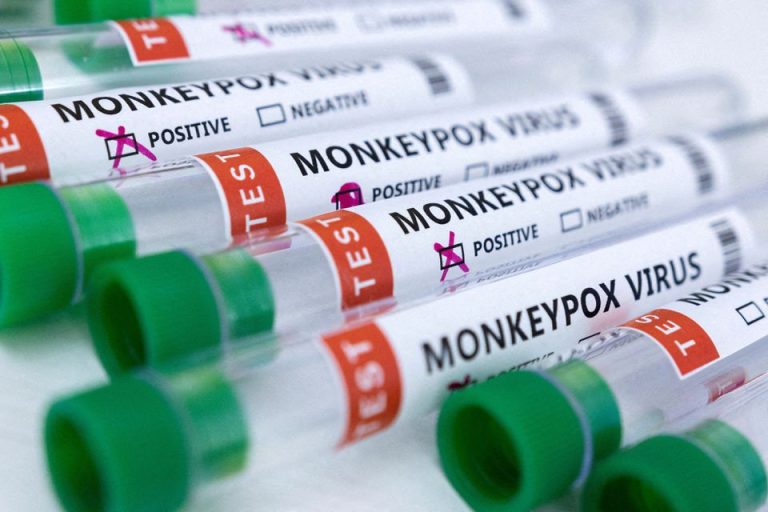
(Reuters) – The rapidly spreading monkeypox outbreak represents a global health emergency, the World Health Organization’s highest level of alert, WHO Director-General Tedros Adhanom Ghebreyesus said on Saturday.
The WHO label – a “public health emergency of international concern” – is designed to sound an alarm that a coordinated international response is needed and could unlock funding and global efforts to collaborate on sharing vaccines and treatments.Members of an expert committee that met on Thursday to discuss the potential recommendation were split on the decision, two sources who spoke on the condition of anonymity told Reuters earlier, but the final decision falls to the U.N. agency’s director-general.
Announcing his decision to declare the health emergency during a media briefing in Geneva, Tedros confirmed that the committee had failed to reach a consensus, with nine members against and six in favour of the declaration.Previously, Tedros has typically endorsed expert committee recommendations, but the sources said he had likely decided to back the highest alert level due to concerns about escalating case rates and a short supply of vaccines and treatments, despite the lack of a majority opinion.
Lawrence Gostin, a professor at Georgetown Law in Washington, D.C who follows the WHO, said he applauded the political bravery of the agency.”It does nothing but burnish the stature of WHO. The right result is clear – not declaring an emergency at this point would be a historic missed opportunity.”
So far this year, there have been more than 16,000 cases of monkeypox in more than 75 countries, and five deaths in Africa.
The viral disease – which spreads via close contact and tends to cause flu-like symptoms and pus-filled skin lesions – has been spreading chiefly in men who have sex with men in the recent outbreak, outside Africa where it is endemic.






